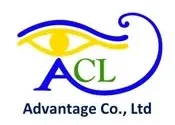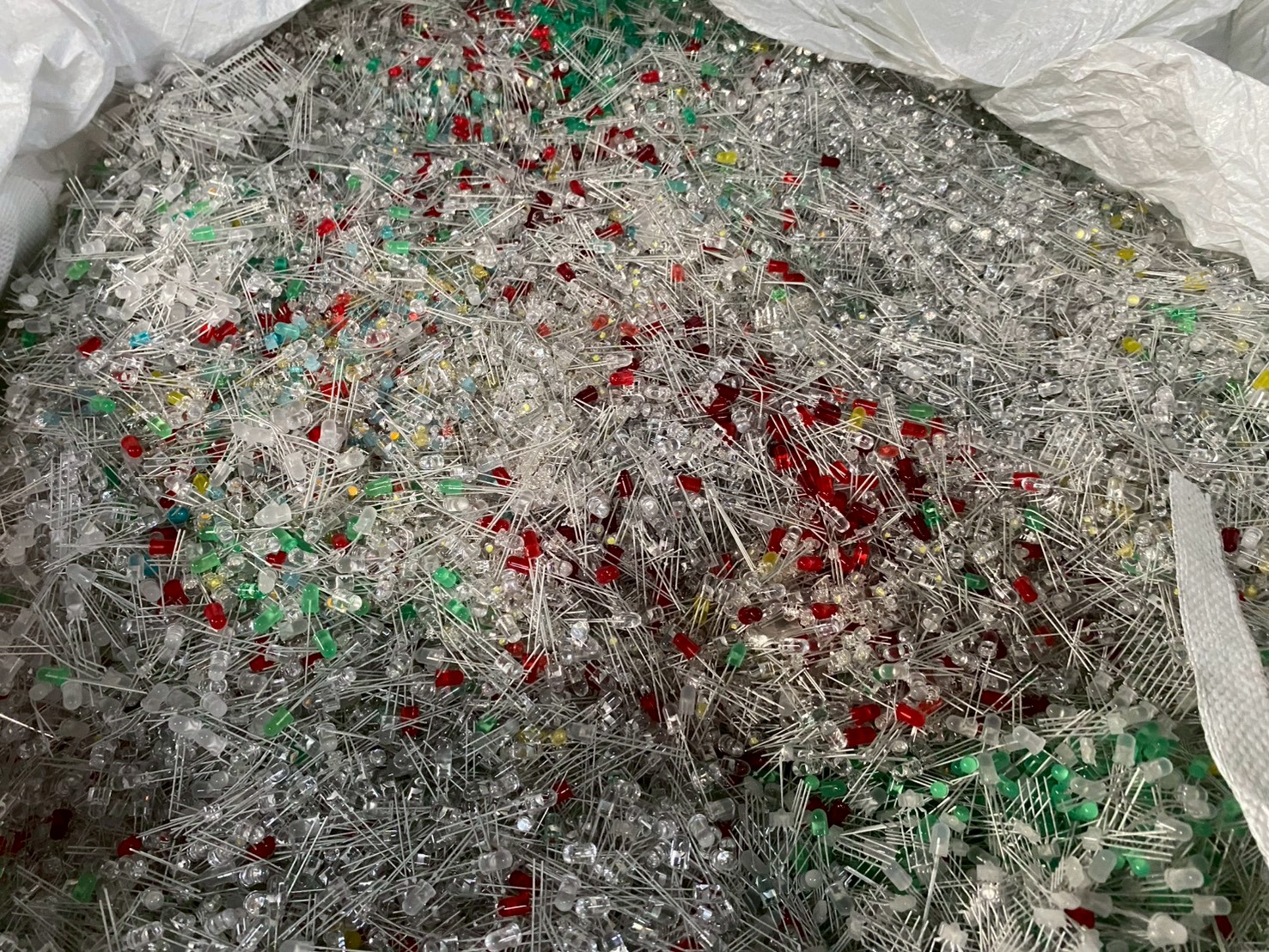This inspection ensures compliance in terms of quality, quantity, and contamination control and directly affects a company’s eligibility for BOI tax and duty incentives.
Failing to conduct the inspection can lead to severe consequences, including loss of privileges, financial penalties, and shipment seizure.
1. Enables Duty-Free Import Exemptions — the Core Financial Advantage
Under Sections 30 and 36 of the Investment Promotion Act, BOI-approved companies are entitled to import duty exemptions on raw materials, including metal scrap used for production or export.
However, Customs clearance without paying import duties is only possible upon submission of a valid Scrap Inspection Certificate, typically issued within 1–2 weeks after inspection.
Without this certificate:
- Companies must pay full import duties (5–20% or more) plus VAT, directly impacting profit margins.
- The 2025 extension (Sor Tor 4/2568) allows duty-free imports only for inspected and compliant scrap until December 31, 2025
2. Prevents Revocation of BOI Promotion Privileges
BOI promotion status offers significant long-term advantages, including:
- 8–13 years of Corporate Income Tax (CIT) exemption
- Land ownership rights
- Work permit facilitation for foreign experts
Non-compliance — such as importing scrap without prior inspection or BOI approval — can trigger:
- Formal audits and written warnings
- Suspension or complete revocation of BOI status by the Investment Monitoring Division
Even successful companies have lost benefits due to procedural oversights in documentation and compliance.

